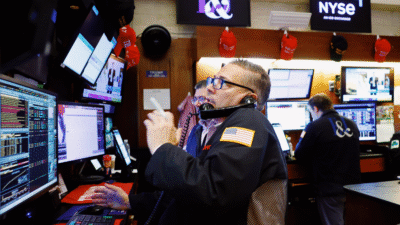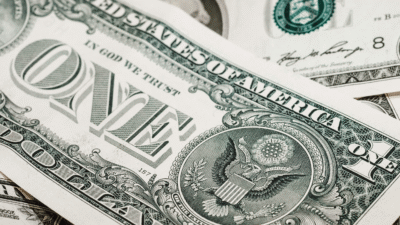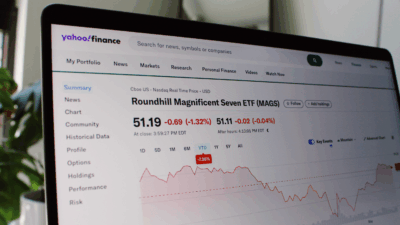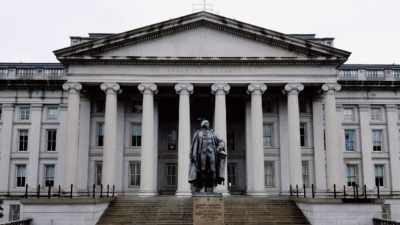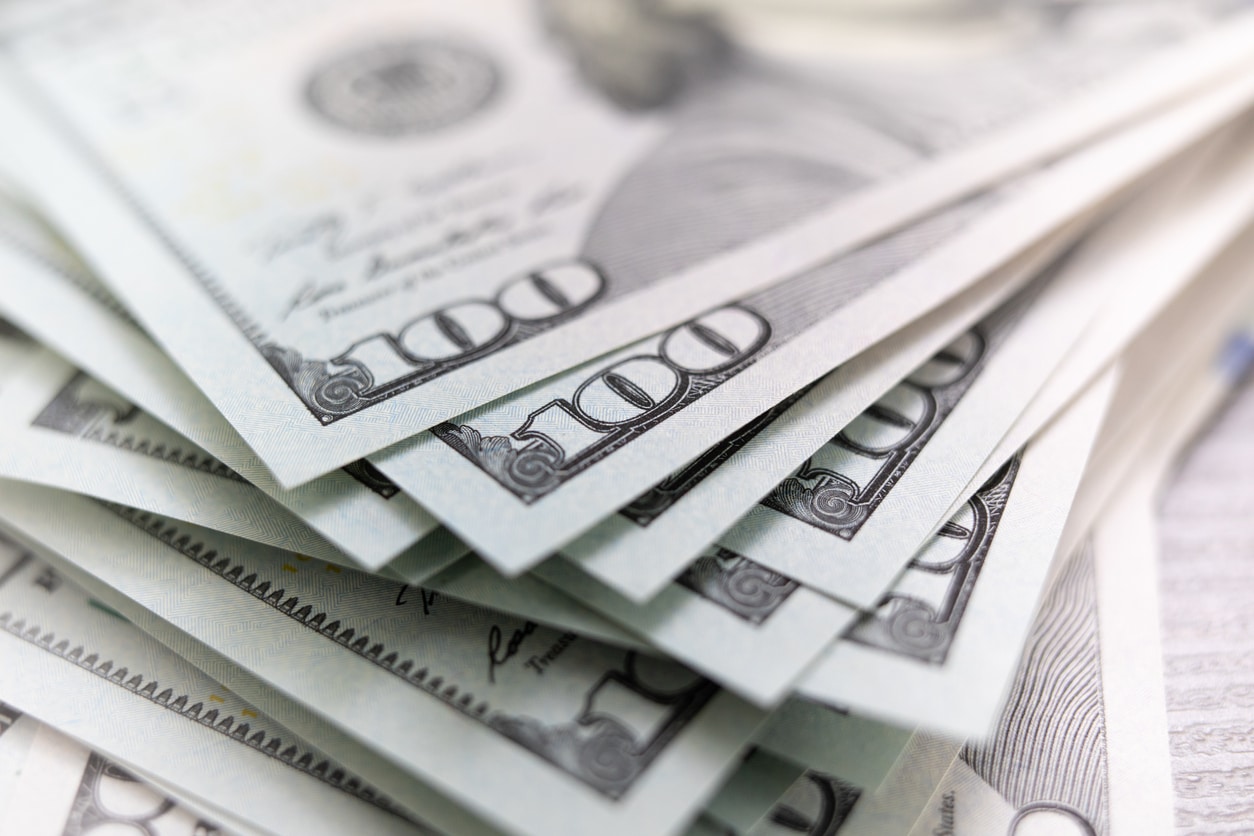
Sign up for smart news, insights, and analysis on the biggest financial stories of the day.
From Wall Street’s Gordon Gekko to Billions’ Bobby Axelrod, there are miles of film reel depicting high-rolling investors making underhanded insider trading moves. What might surprise you is that insider trading is technically not prohibited under U.S. law.
But that could soon change. The House recently passed the Insider Trading Prohibition Act. If it clears the Senate, the act of improperly buying or selling stock after obtaining material, non-public information will be illegal. But concerns are mounting that the law could disrupt the work of legitimate traders.
White-Collar Watch
Without a law on the books to explicitly define and criminalize insider trading, prosecutors and the SEC have used a patchwork of general fraud statutes, like the Securities Exchange Act, to go after sordid trading:
- In 2020 alone, the SEC employed 1,300 staff in its Enforcement Division and spent $550 million on investigating and prosecuting insider trading using fraud statutes. Researchers at Duke, meanwhile, estimate the probability of detecting and prosecuting insider trading is only 15%.
- The legal standing for prosecutions was sapped considerably in 2014 when the convictions of hedge fund managers Todd Newman and Anthony Chiasson were overturned. The court ruled prosecutors needed to prove a trader knew that the “tipper” (the source of the insider info) benefitted from the exchange of information.
The bill before the Senate would outlaw insiders from trading or tipping in exchange for a “direct or indirect personal benefit.” It also states prosecutors don’t have to prove a trader knew the info was exchanged for benefit, only that they recklessly ignored its illicit source, thus negating the Newman ruling.
Potential Side Effects: Extensive research is routine for stock traders, and many insider trading cases come down to fuzzy scenarios of analysts seeking an “edge.” Distinguished UCLA financial law professor Stephen Bainbridge wrote the proposed legislation could “expand the scope of insider trading in undesirable ways,” leading to apprehension among stockbrokers attempting to do legitimate research.

